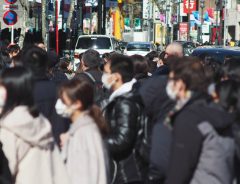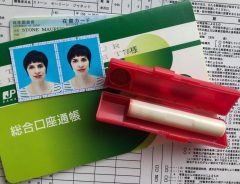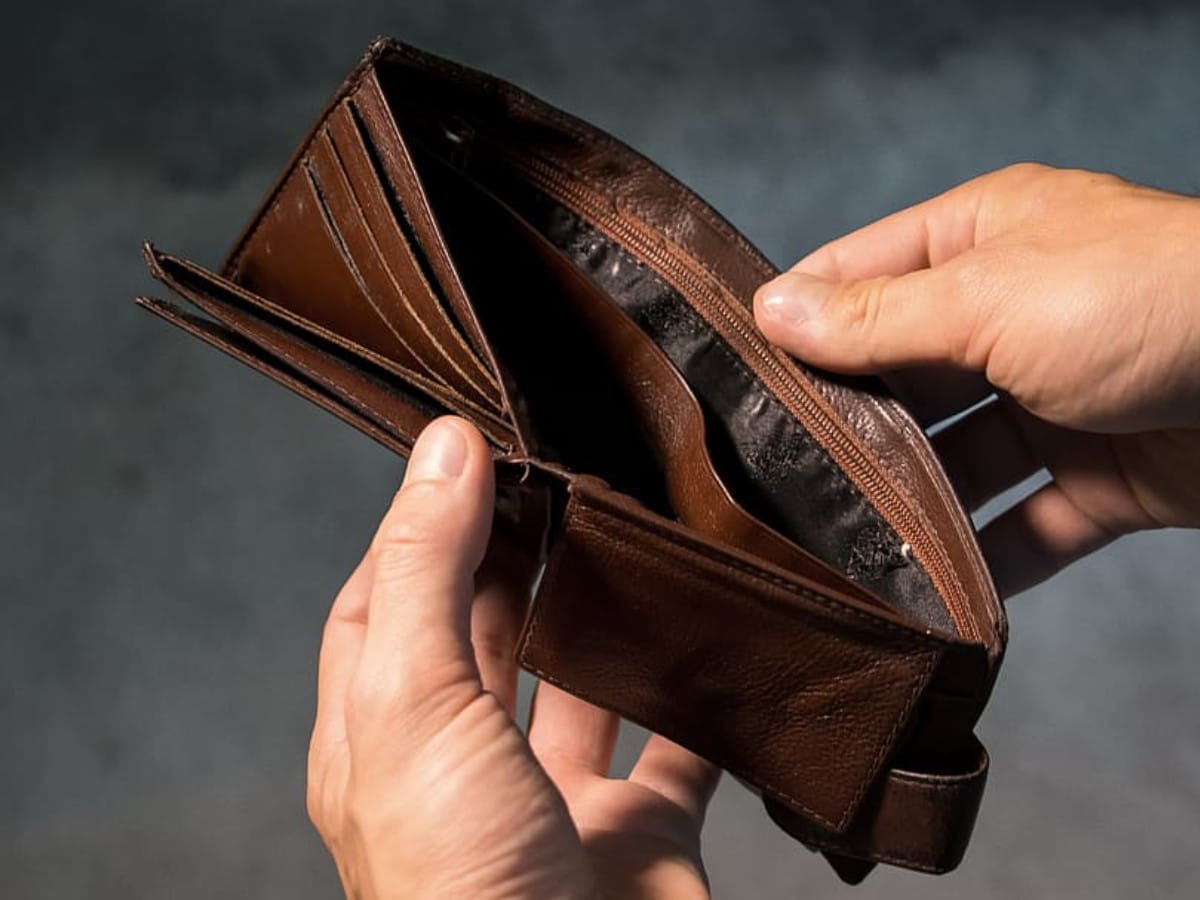- Tags:
- coronavirus / COVID-19 / Japanese economy / pay cuts / wages
Related Article
-

Japanese shop introduces constantly grinning “smile masks” to be more welcoming
-

Classes held in hotel: Japanese university’s coronavirus measure questioned online
-

Traditional Japanese sweets maker battles coronavirus with creepy cute “cats wearing masks” dumplings
-

Will the novel coronavirus push Japan to declare a state of emergency?
-

Dad gets note from neighbor about crying baby, fears worst, receives heartwarming gesture during cornavirus stress
-

My Hello Work Diary: Filing for Unemployment in Japan



For a long time, I would suggest that Japanese consumers have been squeezed. In October 2019, the government raised the consumption tax from eight percent to 10 percent. Wages have been steadily falling since 1998. Prime Minister Abe’s stimulus plan massively devalued the yen through 2012-2014 in order to boost trade, and a labor shortage has done nothing to increase wages. Worrying signs are also on the horizon as Japan’s economy appears poised to experience a decline.
Pocket Books Take Another Hit
Like other countries, Japan has seen a surge in the number of individuals teleworking from home. The national average telework utilisation rate jumped from six percent in January to 10 percent in March. Hotels and inns even started offering telework plans and quiet rooms to stressed out parents.
Although clearly in reaction to the pandemic, the increase comes amid an overall decline in labor hours and an increased focus on work-life balance. While much needed in an overworked society, limitations on overtime were already lowering wages prior to the outbreak.
Making matters worse, several companies have recently announced the need for layoffs, furloughs and pay cuts as they brace for the economic fallout of a slumping economy. Such moves are likely in response to economists' expectations for the economy to shrink more than 20 percent. The country is already in a recession.
Summertime bonuses are also being hit. According to the Japan Business Federation, bonuses will be down 6.0 percent from a year earlier, with nonmanufacturers hit particularly hard. This is the largest decline since the Great Financial Crisis, which saw a drop of 19.4 percent. Residents in Japan typically enjoy seasonal bonuses that comprise 15 to 40 percent of their salary.
Health Crisis Slams Profits
Corporations are understandably feeling the pressure as well. According to a government survey, profits fell the most since the Great Financial Crisis during the January to March quarter this year. More specifically, pretax profits dropped 32.0 percent to 15.14 trillion JPY ($140 billion).
The underlying reasons are unsurprisingly straightforward. The Japanese economy relies heavily on exports and tourism. While Japan typically exports more than it imports, creating a trade surplus, it recently experienced a plunge in demand by importers like the U.S. and Australia. Resource-poor, however, Japan still imported relatively high amounts, more than it exported, creating a trade deficit. This deficit perhaps underlies the 3.5 percent drop in corporate sales seen in the January to March quarter.
Likewise, tourism essentially evaporated. Although the industry experienced robust growth leading up to the pandemic, it dropped 99.9 percent in April from a year earlier as travel restrictions were put in place globally. Typically, tourists spend about 4.4 trillion JPY ($40 billion) per year. Although the Japanese economy had been experiencing mild inflation recently, the losses posed by the current pandemic may lead to deflation.
Stimulus for Recovery
With several aspects of the economy in freefall, the Japanese government has taken on more debt by issuing bonds in order to stimulate private-sector spending. In turn, large banks also increased their lending as usually happens. As protection against a prolonged period of decreased sales and profitability, big businesses are borrowing these funds. The Bank of Japan, meanwhile, is buying assets to keep stock prices high.
However, households, who neither borrow a lot or own many assets, rely on savings. Although they will receive direct payments from Abe’s stimulus package, it is uncertain what effect, if any, other stimulus measures will have on them.
As such, they are limiting spending although the stock market recently experienced strength. Indeed, household spending dropped 11.1 percent in April, and households will likely continue to be wary of spendng as the economy reopens.
A Viscious Cycle
However, if the profits from exports and tourism continue to remain low--which certainly looks to be the case--how will corporate sales recover? It seems a lack of domestic spending by households will continue hard times for businesses, which will cause further pay cuts and layoffs, which will lead to additional budget tightening by households. A vicious cycle.
The Japanese Economic Revitalization Minister Nishimura Yasutoshi has also suggested that boosting domestic demand will be paramount for economic recovery following the COVID-19 slowdown. He also suggested that the economy will “slow down to a considerable extent for the time being.”
As such, stimulus efforts should focus on recreating the missing demand by bolstering productivity while increasing households' willingness to spend, perhaps by providing further stimulus checks. Fortunately, the government seems to have these goals in mind. The government is providing travel discounts and coupons for restaurants in order to spur domestic tourism. It is also devoting a portion of the stimulus to infrastructure and increasing full-time government. However, it remains to be seen if these moves will inspire confidence, and spending, among consumers.